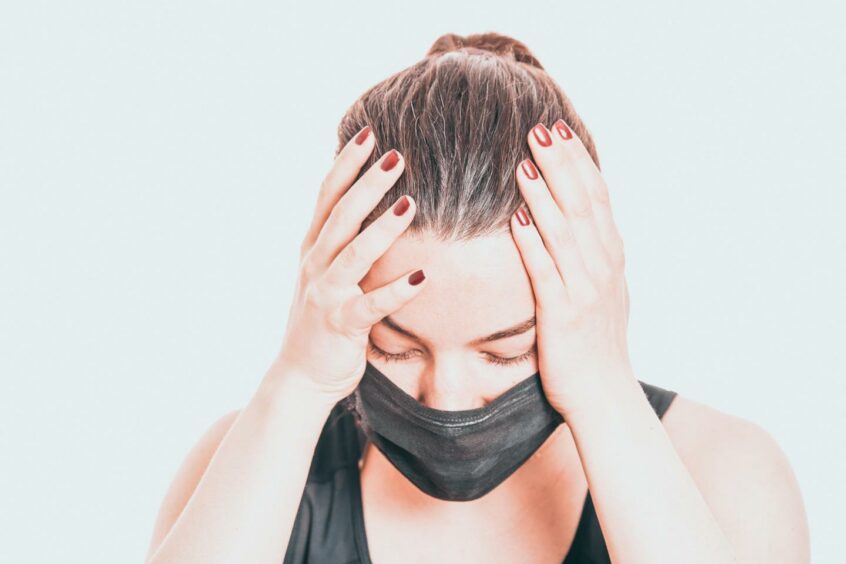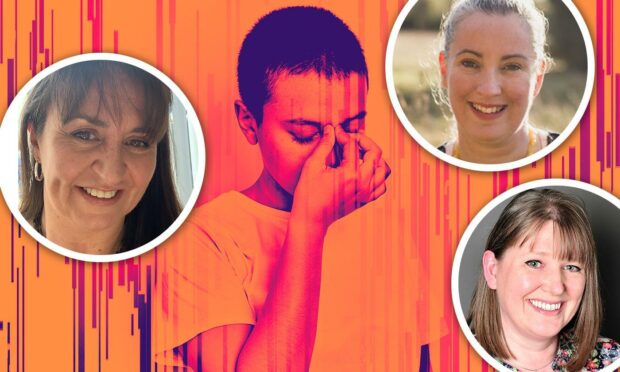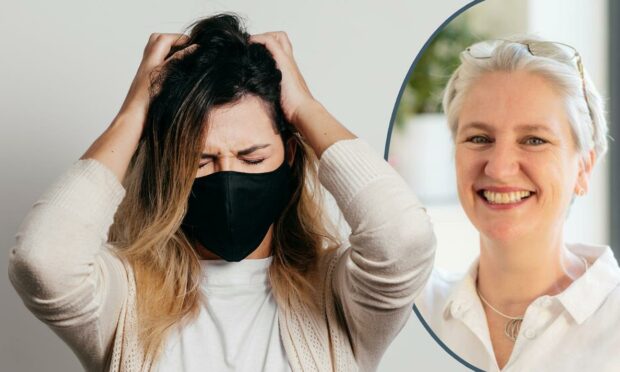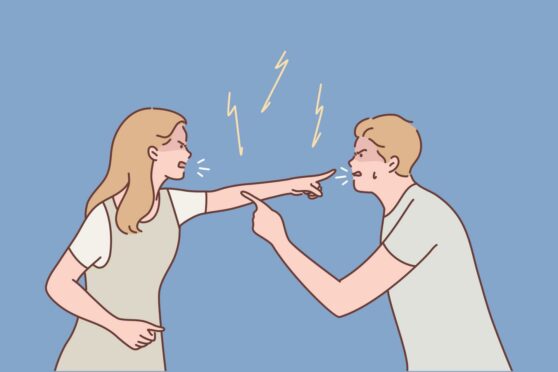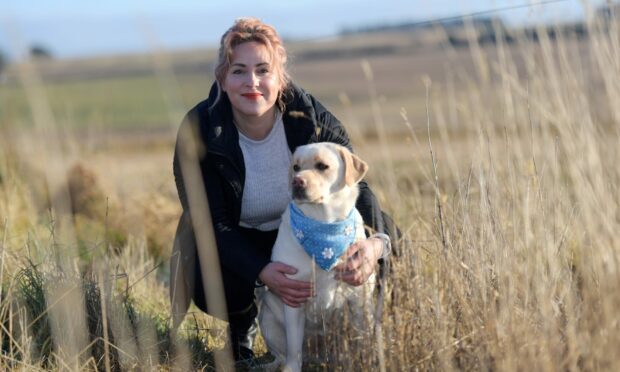There’s a new variant of coronavirus spreading around the world and it’s bringing with it lots of uncertainties.
Could it be any more dangerous than the other variants? Can it evade vaccines? And will we be able to enjoy Christmas with our families this year?
It feels difficult to get answers to most questions because the data on the severity of Omicron is still limited.
And many of our opinions are divided with some of us really concerned about the new variant and others now feeling jaded.
All the uncertainties can be quite stressful to deal with but Aberdeen psychotherapist Morag Ormiston says there are productive ways to cope.
People are thinking: ‘This can’t be happening now’
The stress management coach has been helping clients deal with coronavirus concerns and says a growing number of people are seeking help.
They’ve needed support with relationship challenges, advice on coping with heavy workloads as well as redundancies and fears over furlough.
“There have also been people with health anxieties, who are fearful of Covid. People are worried about the future, and dealing with isolation,” she said.
“With Omicron there’s almost disbelief and denial for some people insisting they’re not going to listen any more; they’re just going to do nothing.
“They’re just thinking: This can’t be happening now.”
How can constant fear affect our bodies?
Morag spoke to us as part of our Mental Health Toolkit series and highlighted how prolonged periods of worry can keep the stress response in our bodies on alert.
“When you’re in that alert zone, you can’t actually think easily and in a rational way,” Morag explains.
“You’re focused on the threat, you’re focused on the perception there’s something wrong.
“You could be thinking Nicola Sturgeon is asking people to work from home now so that must mean it’s really bad and we’re going to have another lockdown.
“The spiral keeps going so you get more and more alert and will become really anxious, or you could shut down and withdraw.”
Can’t I just hide myself away from it all?
Morag, who runs her own business Moonstir, says it really depends on how long you’re shying away from others.
“If you’re going into complete withdrawal then that’s not a good thing because you’re not getting that sense of normality,” she says.
“You’re not connecting with others; you’re not getting a balance of all of your neurochemicals and your experiences of the world.
“And so your views of yourself, your views of others and your views of the world become quite small.”
How can we deal with fears of Omicron?
Morag highlights that it’s best to focus on the things in life you do have some control over rather than dwelling on the negatives.
Realising that we’re not actually worried by what is around us, but rather the views we take of them, can also help.
“Omicron itself is not necessarily something to be disturbed by, it’s our response to it, ” she says.
“If we are fearful of getting it, why are we so fearful? For some people, that could be because they live on their own and that links back to them feeling vulnerable.
“I would spend a lot of time working out the meaning.”
Techniques to help you cope with Omicron anxiety
Using a technique called STOPP can help you get distance from distressing thoughts and feelings, and can help you find some calm.
This involves stopping what you’re doing, taking a step back and just observing your thoughts and feelings. Then you plan out the next most important steps you can take.
It’s also worth checking out the charity Mind’s website for information on coping with coronavirus anxiety.
Morag says getting out in nature will help you realise that life is still going on and will also help to keep you calm.
“The best piece of guidance we give people in an anxious state is to stay grounded and have a look at what’s happening in the present,” she said.
“I tend to always focus on what I can do now.”
If you are struggling with anxiety and it is affecting your life you can visit your GP, local counselling charities or registered counsellors.



